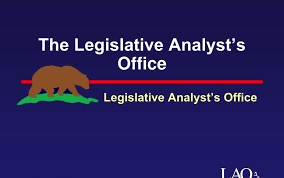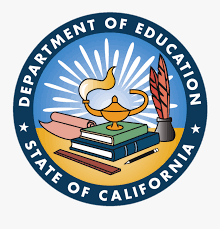By Jim Frazier, Public Policy Director, The Arc / UCP California Collaboration
Special education students can be at a higher risk during a disaster due to various factors. Most schools have crisis plans to support student safety in the event of an emergency, but less than half of schools have plans that address the complex needs of students with developmental disabilities. California Law requires emergency plans be included in an Individualized Education Plan (IEP), but very few do.
To mitigate the risks, it is crucial to have comprehensive emergency plans in place that address the specific needs of special education students. This includes training staff members, providing clear and accessible communication, ensuring appropriate accommodations, and conducting regular drills and practice sessions. Collaboration between educators, emergency management personnel, and families is essential to ensure the safety and well-being of students with disabilities during a disaster.
Here are some reasons why they may be more vulnerable:
- Communication barriers: Special education students may have difficulty understanding and following instructions during an emergency situation. They may struggle to communicate their needs or understand the information provided by authorities.
- Mobility limitations: Some special education students may have physical disabilities or mobility limitations, making it challenging for them to evacuate or move quickly during a disaster.
- Sensory issues: Students with sensory processing disorders or sensitivities may become overwhelmed by the loud noises, bright lights, or chaotic environment during a disaster, which can hinder their ability to respond appropriately.
- Lack of awareness: Special education students may have limited knowledge or understanding of emergency procedures and may not be adequately prepared for a disaster. This lack of awareness can increase their vulnerability.
- Dependence on others: Many special education students rely on support staff or caregivers for assistance with daily activities. During a disaster, if these individuals are not available or unable to provide support, the students may struggle to navigate the situation independently.
- Evacuation challenges: Special education students may require specialized equipment, such as wheelchairs or communication devices, which can complicate the evacuation process. If proper accommodations are not in place, their safety may be compromised.
There are several reasons why schools may face barriers to implementing safety evacuation plans for students with disabilities, including:
- Lack of resources: Schools may argue that they do not have the necessary resources or staff to effectively implement and execute safety evacuation plans for students with disabilities. This could include a lack of trained personnel, specialized equipment, or funding to accommodate the unique needs of these students during an emergency.
- Legal concerns: Schools may be concerned about potential legal liabilities associated with implementing safety evacuation plans for students with disabilities. They may fear that if something goes wrong during an evacuation, they could be held responsible for any harm or injuries that occur.
- Time constraints: Developing and implementing safety evacuation plans for students with disabilities may require additional time and effort from school staff. Schools may argue that they already have a busy schedule and limited resources, making it difficult to allocate the necessary time and attention to create and practice these plans.
- Lack of awareness or understanding: Some schools may simply lack awareness or understanding of the specific needs and challenges faced by students with disabilities during emergency situations. This lack of knowledge may lead to reluctance to develop and implement appropriate safety evacuation plans.
- Resistance to change: Schools may resist implementing safety evacuation plans for students with disabilities due to a resistance to change or a belief that their current emergency procedures are sufficient for all students, regardless of their abilities.
It is important to note that while these reasons may explain why some schools have not yet created safety evacuation plans for students with disabilities, schools should strive to create inclusive and accessible emergency plans that address the unique needs of all students, including those with disabilities.
For parents or caregivers wanting to learn more about adding an emergency plan in their child’s IEP, visit: https://www.disabilityrightsca.org/publications/emergency-plans-for-ieps

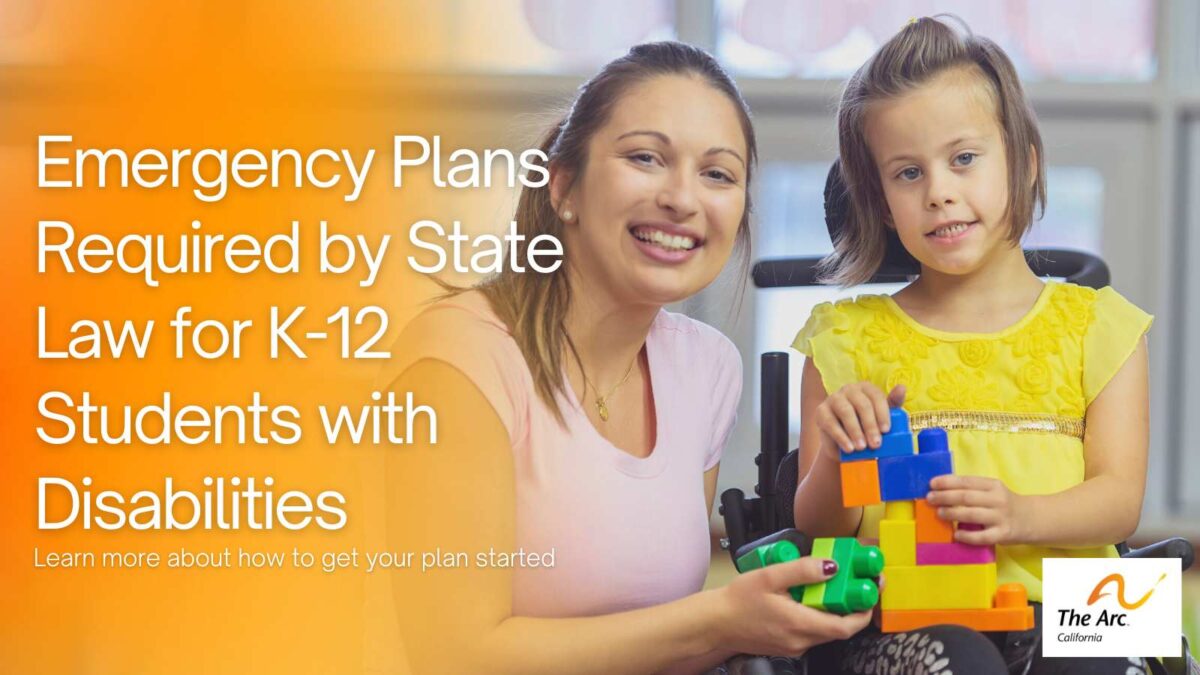
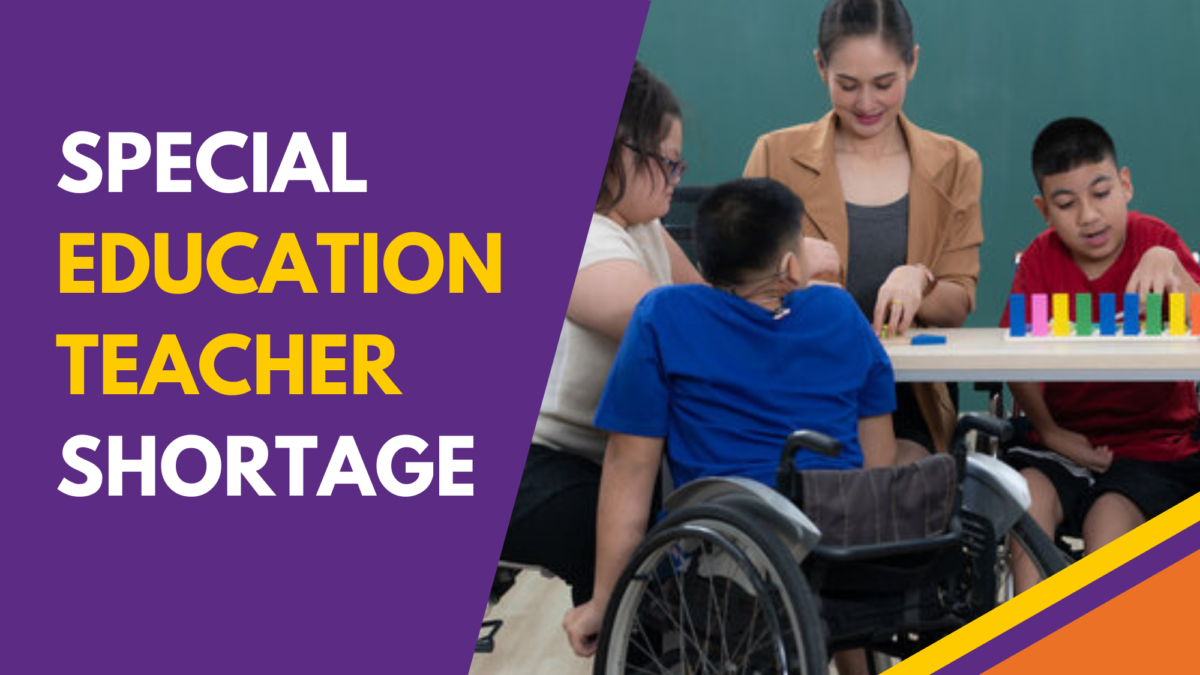
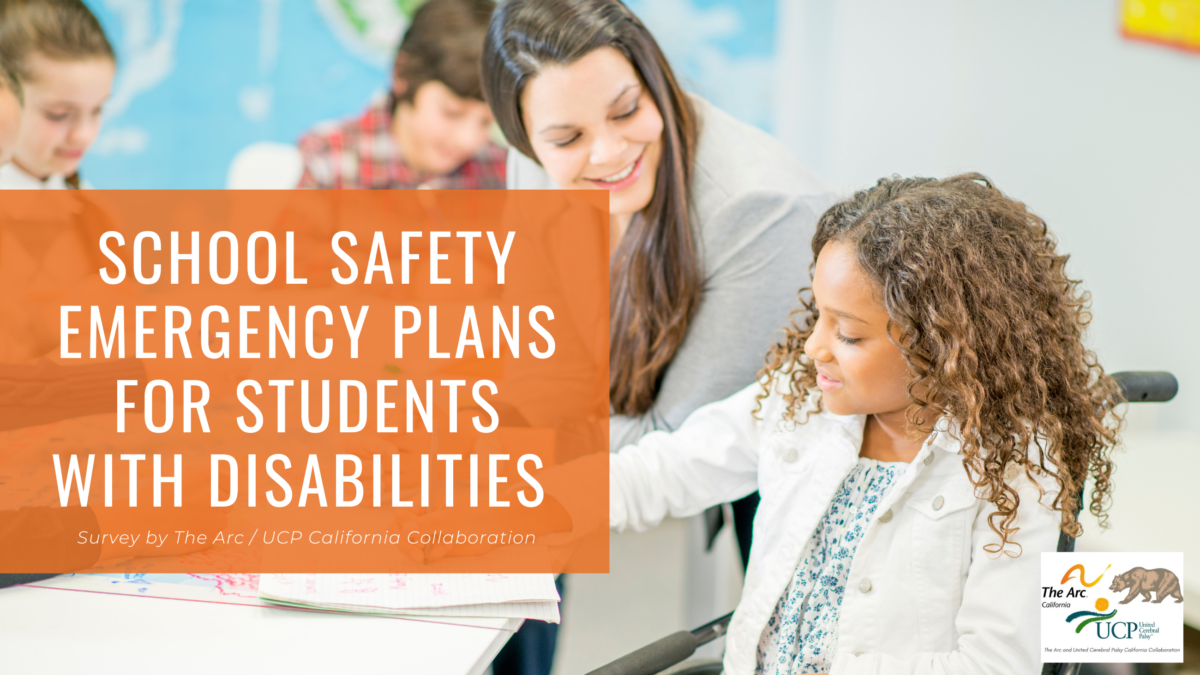
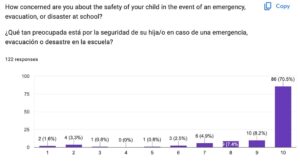
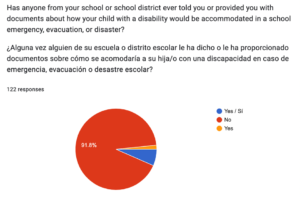
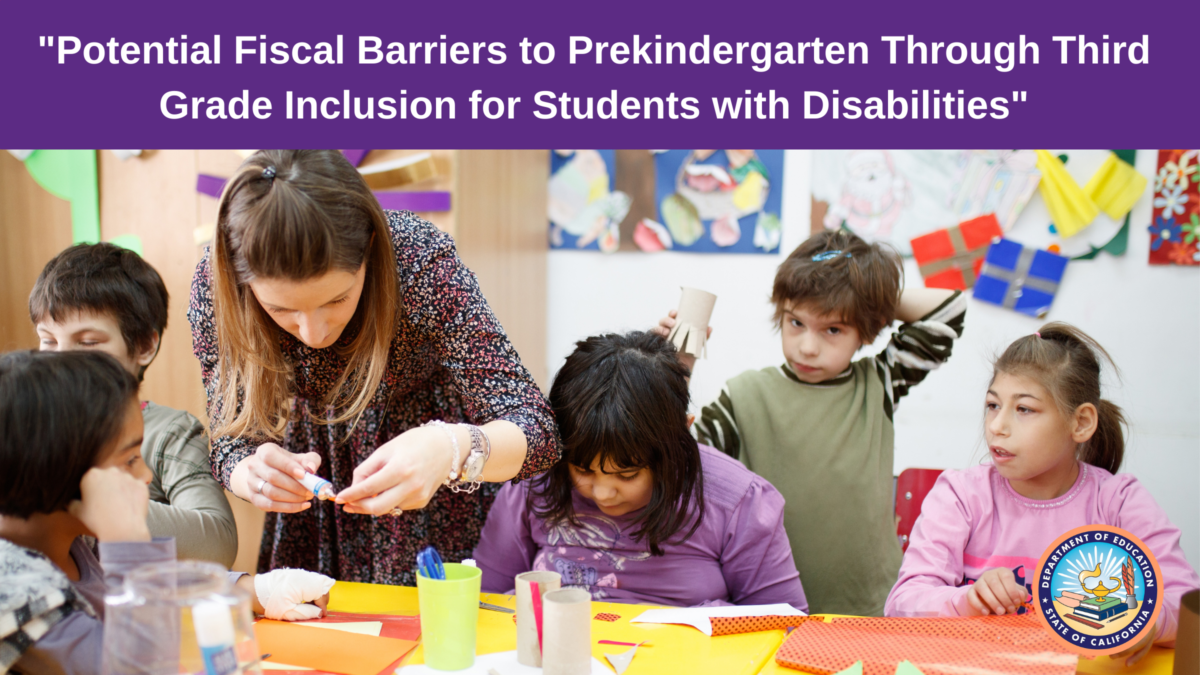
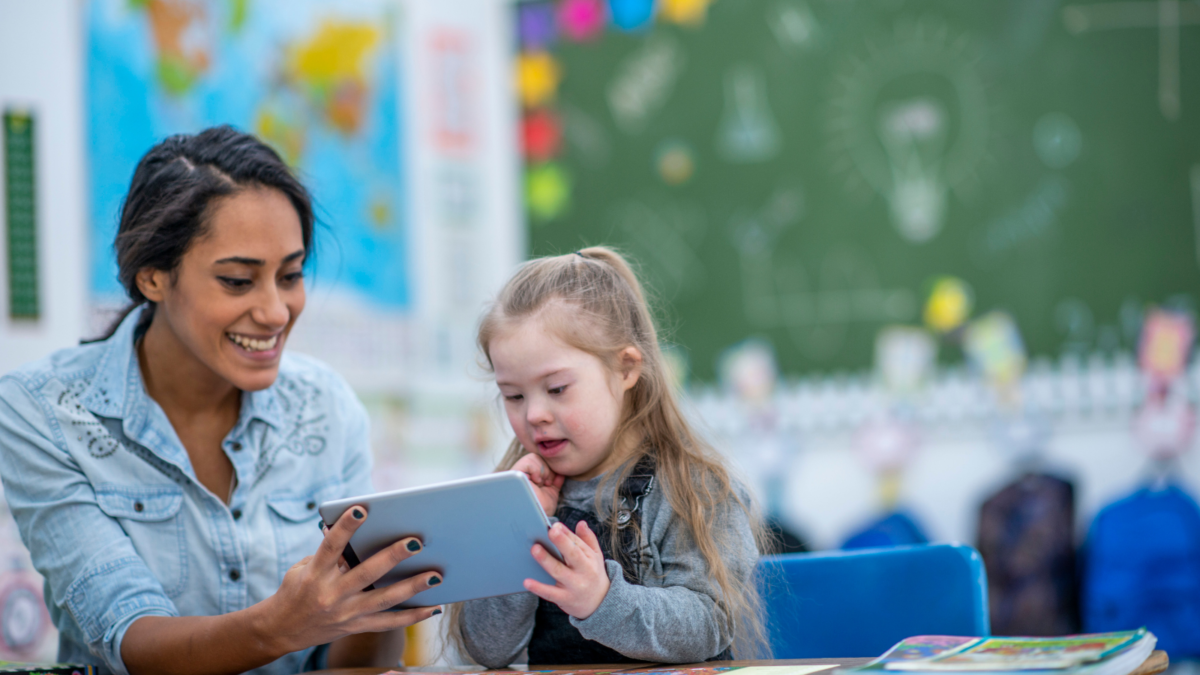
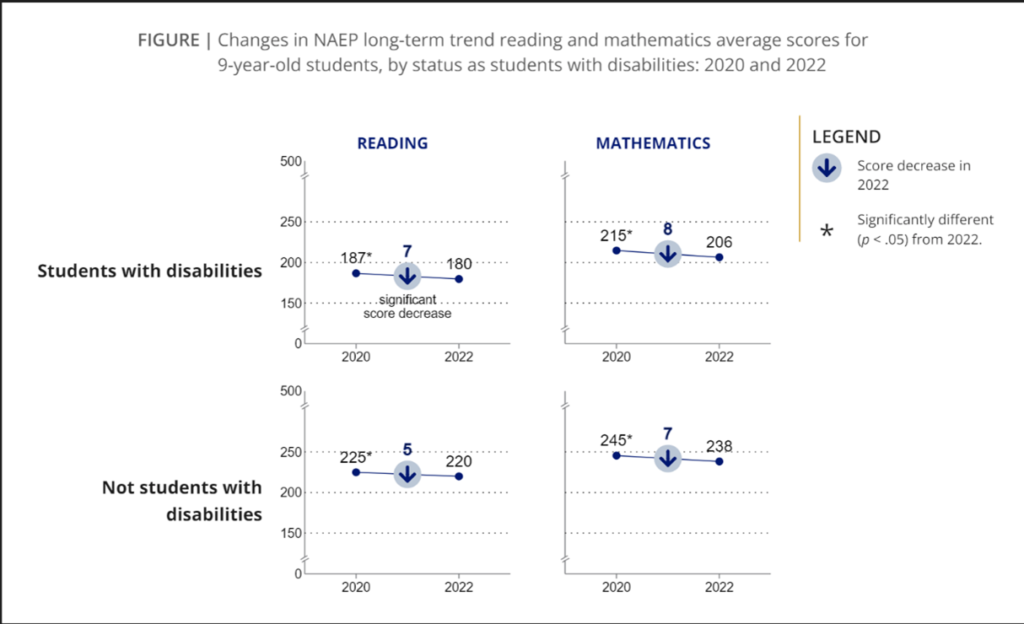 The report does not address factors or reasons for the drop in scores (which may include the impacts of distance learning, mental health challenges, children who lost a parent due to COVID, financial strains due to a parent losing employment, or many other factors), nor does it address future impacts of lower scores.
The report does not address factors or reasons for the drop in scores (which may include the impacts of distance learning, mental health challenges, children who lost a parent due to COVID, financial strains due to a parent losing employment, or many other factors), nor does it address future impacts of lower scores. 
